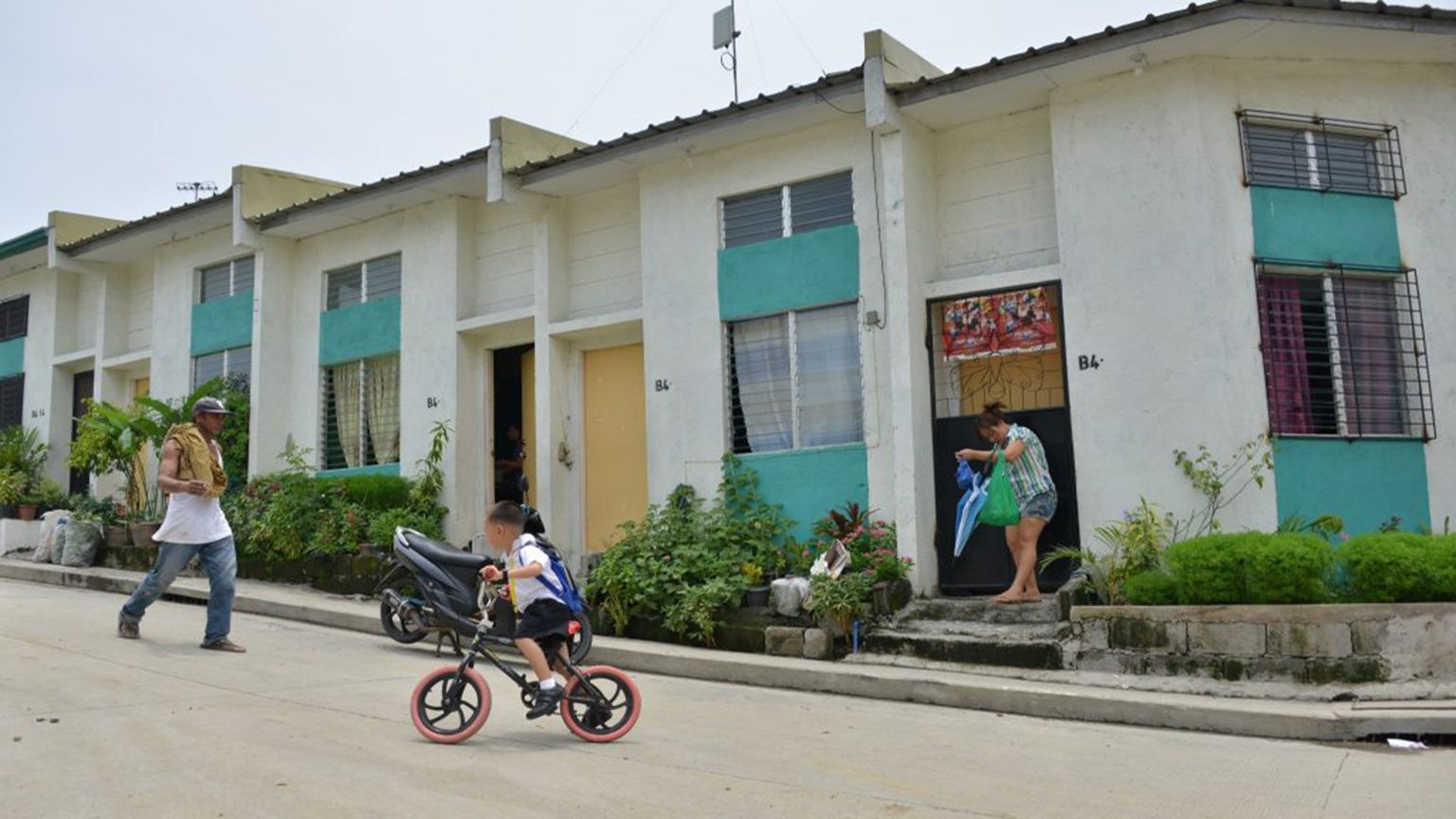It is high time for Filipinos to focus their attention on fostering families that will not only have enough food and other necessities, Commission on Population and Development (POPCOM) Executive Director Undersecretary Juan Antonio Perez.
WHAT’S the use of smaller families if their heads still cannot provide for them?
That was the question a government agency recently forwarded as it hailed the successes of the government’s programs to promote family planning and responsible parenthood.
It is high time for Filipinos to focus their attention on fostering families that will not only have enough food and other necessities, Commission on Population and Development (POPCOM) Executive Director Undersecretary Juan Antonio Perez.
In a statement issued in conjunction with the Population and Development (POPDEV) Week from November 23 to 29, Perez said household heads also have to ensure brighter paths for their children, which not only allows for the survival of their members, but also the means to save for their future.
Perez cited a recent study conducted by POPCOM on the incomes families need to survive and thrive in the different regions.
For the Philippines to achieve its demographic dividend by 2025, the agency revealed that at least 1 million more women need to join the country’s family planning program, which is currently expanding by half a million every year.
It said the target of 2.1 fertility or lower has already been achieved in CALABARZON and the National Capital Region (NCR). However, most regions still have almost three-child families, with the Bangsamoro Region at four.
“To survive the current crisis, Filipino families need to stabilize at an average of two children and have incomes that improve the quality of their lives—not just minimum wages which do not allow for savings,” Perez said.
“In NCR, the current regional wage rates require both parents to work.”
According to the agency, the situation worsens outside NCR and CALABARZON: The POPCOM-United Nations Population Fund (UNFPA)-University of the Philippines Population Institute (UPPI) study showed that in the Bangsamoro, couples need to have four jobs at current wage rates to support four-child families.
In other regions such as Zamboanga Peninsula, Bicol, Western Visayas, Eastern Visayas, MIMAROPA, Soccsksargen and Davao, families with three children need three jobs given their respective minimum wages to survive.
The POPCOM chief also emphasized that the term “unmet need” goes beyond family planning, as it also concerns requirements for families’ development which they may have difficulty securing such as food, shelter, health services, children’s education, financial literacy, entrepreneurship, and employment of young people and women.
The situation can be most acute for youth under 25 who need to support families with young children.
The POPCOM-UNFPA-UPPI study, according to him, showed that as regional minimum wages increase, the support ratio (SR) for Filipino families improves, which enables two workers per family to be able to provide for two children, with some savings set aside.
The POPCOM head urged the national government and concerned sectors to implement what he describes as “national objective family living wages,” or a decent collective income to effect proper development of a Filipino household, who will not just survive under a “minimum wage.”
“Why is it that the P500 daily wage of a worker in NCR can’t be enjoyed by someone from Region 1, for instance, who takes home only P282?” POPCOM’s executive director asked.
“It defies logic that the salaries of those living in areas where hardship is at a high level, and with large family sizes, are just about one-half of those in Metro Manila. We believe it is unjust for parents to labor on three to four jobs just to support a family of four. Opportunities for livelihood and support should be concentrated in poverty-stricken areas.”
Perez observed that progressive regions provide higher salaries and more work opportunities than most regions where jobs are scarce and offer smaller pay.
“That is why workers migrate to areas such as CALABARZON, NCR and Central Luzon. Thus, we call on our regional wage boards to study and help improve this situation that will positively impact the condition of our families,” he said.
“Because of this,” the POPCOM official said, “it is high time we converse about genuine development of Filipino families—not only in a number of regions, but nationwide. Now is the time to discuss not just family planning, but also other goals that can help Filipinos, and one of those is their ‘living wage. That is our message for this year’s POPDEV Week.”
Tags: #PopulationCommission, #minimumwages, #family, #livingwage, #sustainability
